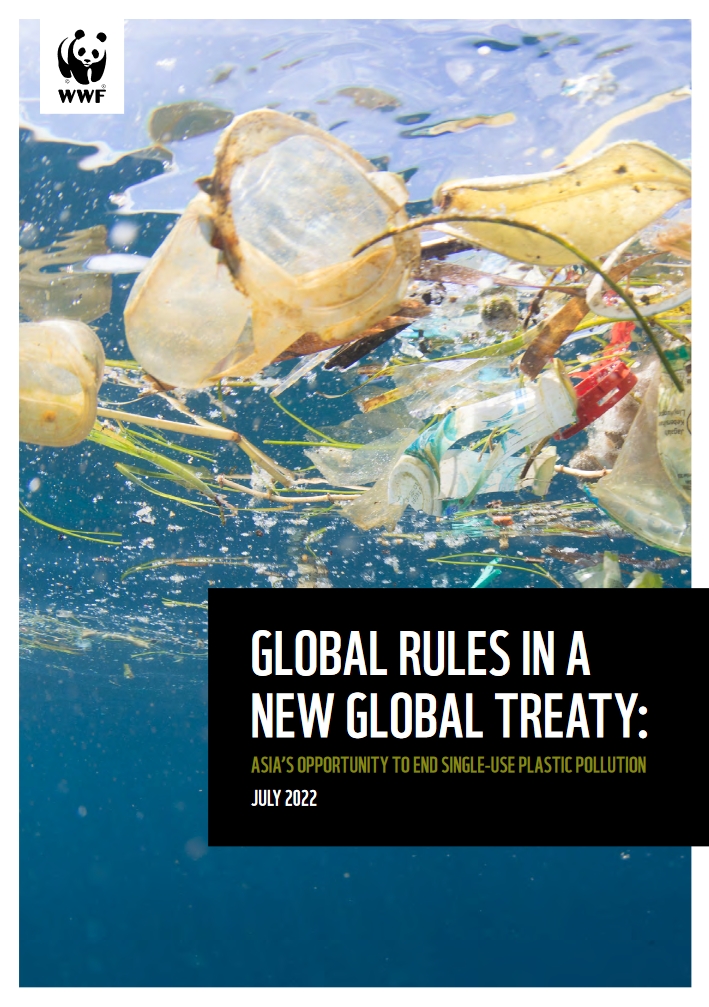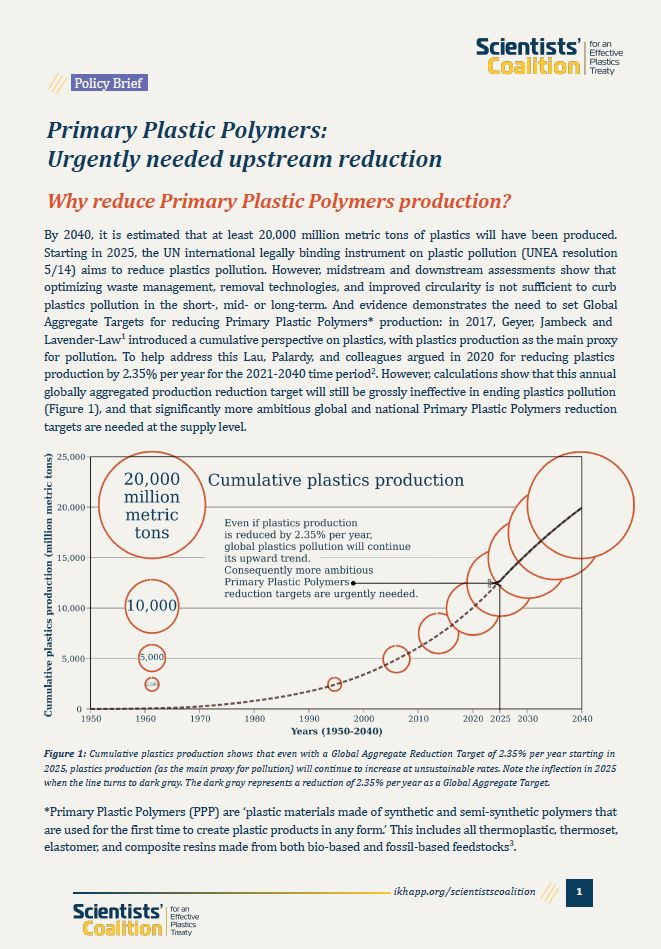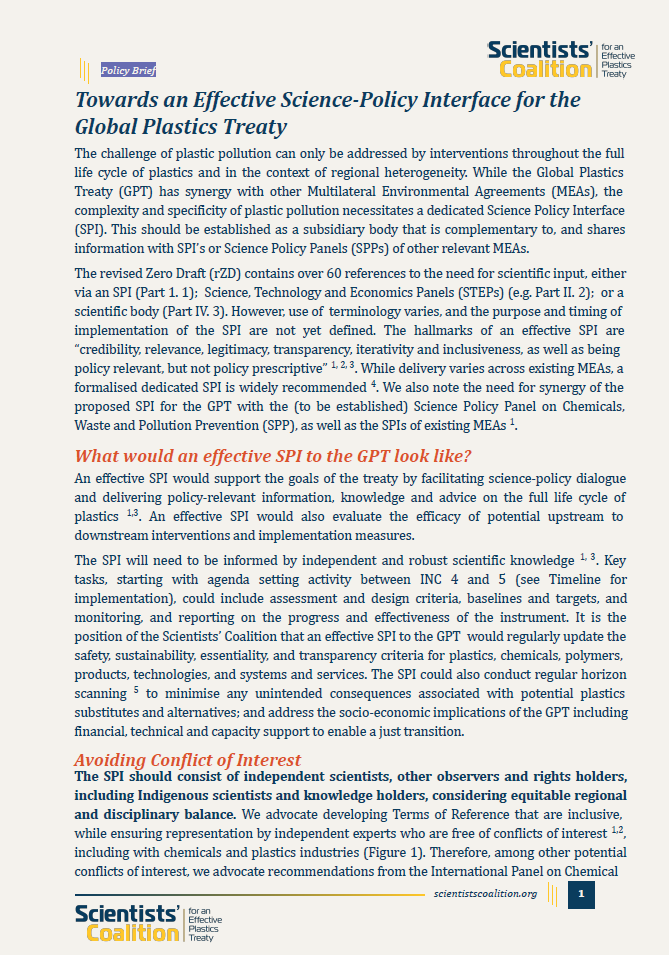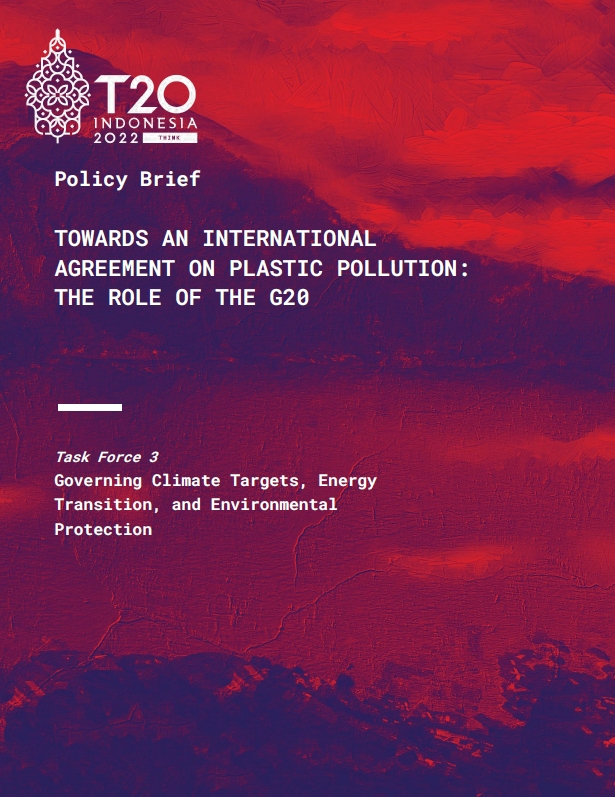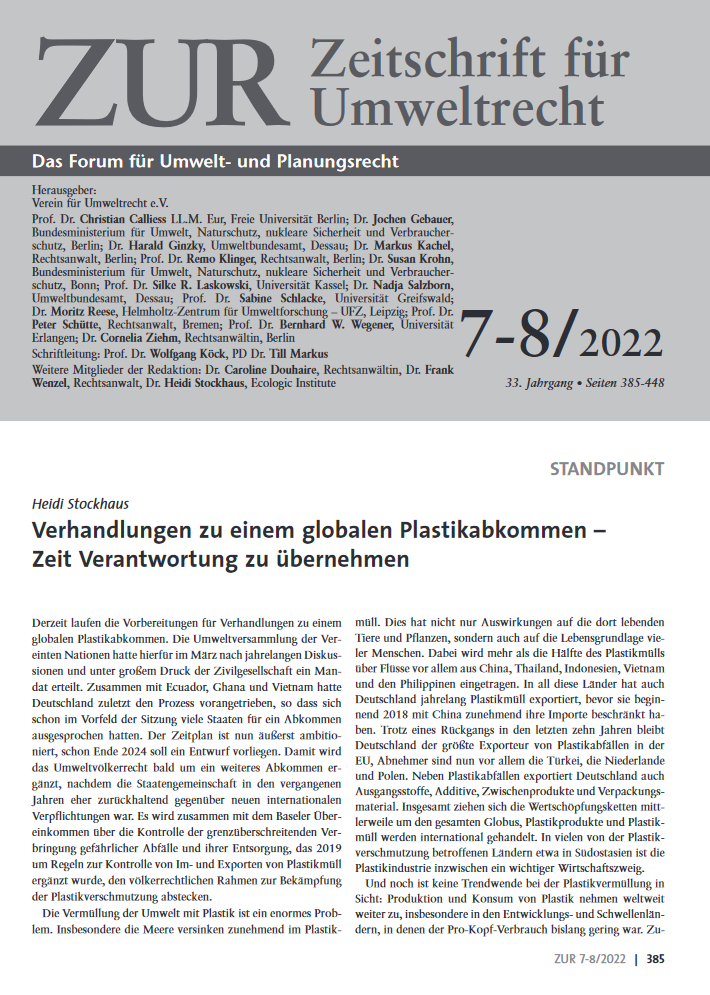Negotiating an International Plastics Treaty
Progress and Challenges at the Fourth Session of the Intergovernmental Negotiating Committee (INC-4) in Ottawa
- News
- Date
-
- Location
- Berlin, Germany
The fourth session of the Intergovernmental Negotiating Committee (INC-4) to develop an international legally binding instrument on plastic pollution, including in the marine environment, was held in Ottawa (Canada), from 23 to 29 April 2024. This session marked a crucial step in the global effort to address plastic pollution, with over 2500 participants from governments, academia, civil society organizations, private sector entities, UN entities, and international organizations.
Linda Mederake attended the INC-4 negotiations in Ottawa on behalf of the Ecologic Institute, supported by the Konrad von Moltke Fund.
Divergent Views and Key Developments
Throughout the seven-day session, delegates worked in five working groups (socalled subgroups) to discuss and refine the revised zero draft, a document outlining the potential content of the treaty, compiled after the previous negotiations at INC-3. There were areas of agreement, such as the provisions addressing plastic waste management and just transition. However, significant differences persisted on critical issues, including whether to include primary plastic polymers in the treaty, how to regulate chemicals and polymers, and how to link the treaty to existing environmental processes. Other contentious topics included financing mechanisms, extended producer responsibility, and the overall scope of the agreement.
Despite these challenges, delegates managed to compile their work from this session, which will serve as the basis for further negotiations at INC-5 in autumn 2024 in Busan, Republic of Korea. They also established a legal drafting group to ensure the new instrument's legal clarity, set to begin its work at INC-5.
In addition, the closing plenary saw the establishment of two ad hoc intersessional open-ended expert groups that will convene between INC-4 and INC-5. These two groups will:
- develop an analysis of potential sources and means for implementing the instrument's objectives, including options for a financial mechanism, alignment of financial flows, and catalyzing finance.
- analyze criteria and non-criteria-based approaches concerning plastic products and chemicals of concern, focusing on recyclability and reusability.
The Role of the Scientists' Coalition
Linda Mederake was one of 60 scientists on the ground at INC-4 who are part of the Scientists' Coalition for an Effective Plastics Treaty. This independent network of scientists comprises over 350 members from around 60 countries and emphasizes the importance of independent scientific evidence in addressing plastic pollution. Throughout the negotiations, the Scientists' Coalition had numerous meetings and informal discussions with member state delegations, developed response resources to clarify points of confusion in the negotiation rooms, and participated in and presented at dozens of side events. The Scientists' Coalition thus played a vital role in bringing independent science to the negotiations and advising many national delegations from all regions.
Support from the Konrad von Moltke Fund
The Konrad von Moltke Fund generously funded Linda Mederake's participation at INC-4 in Ottawa. The Fund, celebrating Konrad von Moltke's legacy, supports international mobility grants for young researchers working on European environmental policy, international trade and investment, and international environmental affairs and governance.
Help Us Continue Our Work: Donate Now!
As an UN-accredited organization, Ecologic Institute has actively participated in the negotiation process on the global plastics agreement so far. However, our continued involvement is at risk due to a lack of funding for the final negotiation round in Busan. Support our efforts to ensure an independent scientific voice at these crucial negotiations. Your donation will help us prepare and distribute scientific materials, organize webinars for negotiation preparation, and cover participation costs.




